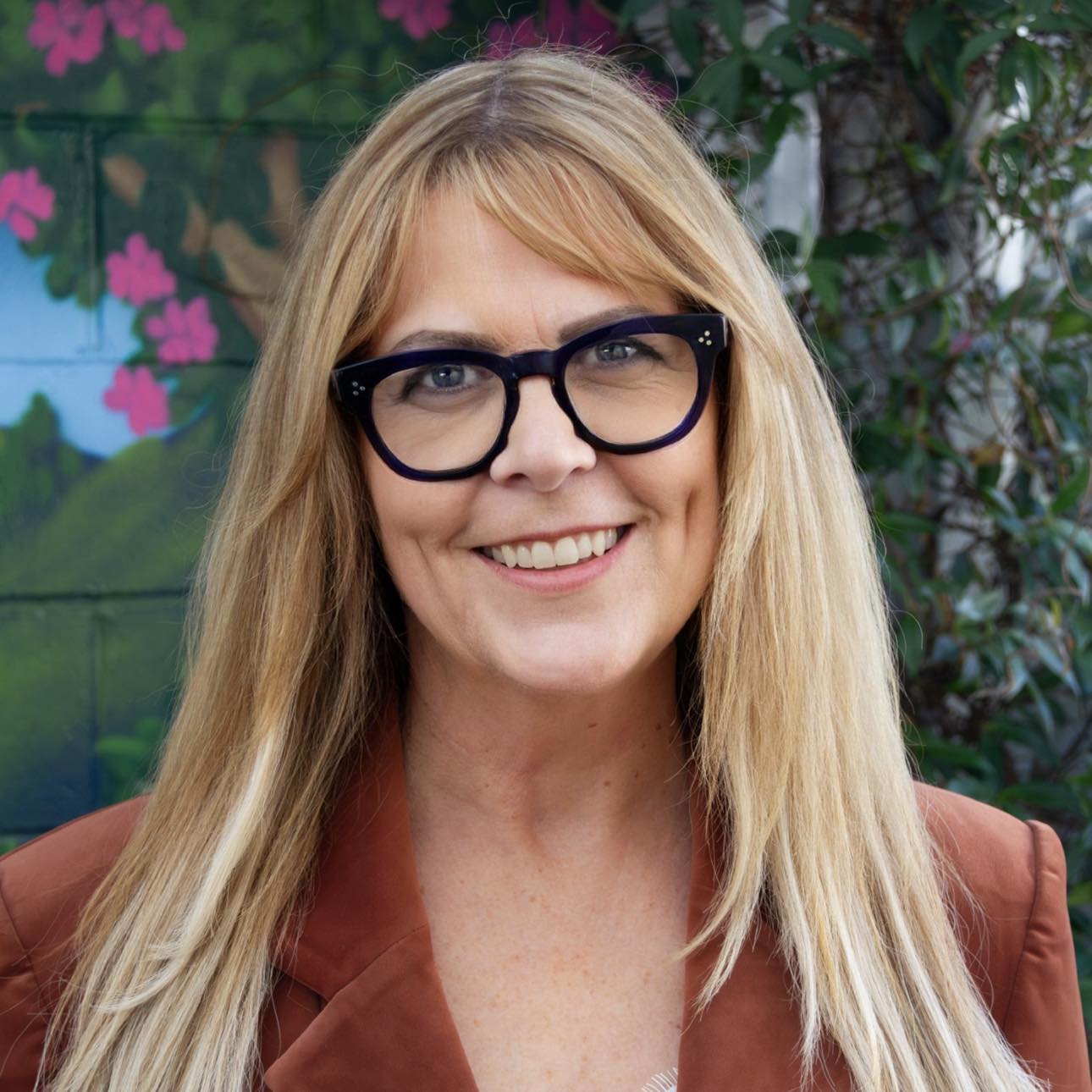
Did you know that on average, women spend less of their lives in paid employment? We might be working part-time or out of the workforce for extended periods. The reasons for this vary between individuals but some common themes are raising children, looking after ageing family members, community involvement and the physical and emotional labour of running a household.
In addition to time out of the workforce, on average women are paid 12% less (!) than men. There are certainly strides being made in this space with several pay equity negotiations and settlements underway, but we will feel the effects of this inequity for many years to come at both an individual and societal level.
Why does it matter?
Generally, women will live longer and with less money than men. The average length of widowhood is 14 years but between the ages of 55-64 women’s KiwiSaver balances are approximately 25% lower. So, what do we do? Do we just live off the smell of an oily rag and rely on NZ Superannuation and the generosity of our children to see us through?
There is a stereotype that men are better with money and investing than women. If anything, men are generally overconfident and may overestimate their skills and knowledge when it comes to investing. While women tend to invest much more conservatively and have less confidence in their decision-making abilities.
The compounding power of saving and investing is often referred to as the 8th wonder of the world, so where do we start to ensure we aren’t missing out?
Prioritise financial planning. You could do this independently or utilise the services of a good financial adviser.
A 2020 study found that New Zealanders who get financial advice have, on average KiwiSaver balances over 50% bigger than those who don’t. Also, people who seek investment advice receive on average 4% per annum better return and have more in savings and investments than those who don’t. In the same study, 60% of respondents not currently receiving advice, felt they did not have enough assets or wealth to seek professional advice or that they could not afford it.
How can a financial adviser help you:
- Goal setting – The Cheshire Cat in Lewis Carrol’s Alice in Wonderland says something along the lines of ‘If you don’t know where you’re going, then any path will take you there’. This is very true of our lives and particularly financially. Everyone will have different goals, whether it be travel, early retirement, maintaining a lifestyle once retired or helping children & community. Identifying your own personal goals is key to be able to move towards achieving them.
- Create a plan – Often a good starting point can be to look at where you will end up, based on current behaviors with saving and investing. It may be that you are already doing enough to meet all your goals. I really enjoy this part of my job as it is such a comfort for clients to know they will be achieving the life they want. Alternatively, if you are not going to be able to meet your goals based on current behaviors, what can we change or tweak now to ensure you get there? Do you need to save more or spend less? Do your goals need to be adjusted? Can you take on more risk to achieve higher returns?
- Being rational and managing risk – It can be hard to take emotion out of financial decisions which is part of why working with a financial adviser is beneficial. You should only take on as much risk as you need to, to achieve your goals. Also, the amount of risk you are willing to take on with investments will change as you move through different periods of your life. A financial adviser can help you have confidence in your decisions. Knowing there is a robust and rational structure in place to help you get where you want to go means you can prioritise and focus on other aspects of your life.
- Regularly review – Creating a financial plan is like setting an ideal destination. There will undoubtedly be things that happen in life that blow you off course. Reviewing regularly means that changes can be made to your plan to take into consideration new information.
Be engaged in the process – Once you have identified your goals and have some structure around achieving them, the time commitment on an ongoing basis is very manageable. 2-3 hours per year, reviewing where you are in relation to where you would like to get to should be more than enough. If you are feeling really inspired and engaged in your financial journey, then there are plenty of books and podcasts available to increase your knowledge.
And now Relax – now that you have a clear idea of your destination and a plan in place to get you there, you can relax and enjoy the journey!
Recommended Reading – On Your Own Two Feet: The Essential Guide to Financial Independence for All Women
Recommended Listening – ‘She’s on the Money’ podcast – is available on streaming services
You can learn more about Kelly here: https://www.sbsbank.co.nz/invest/fanz-private-wealth/about-us/kelly-mcnamara



